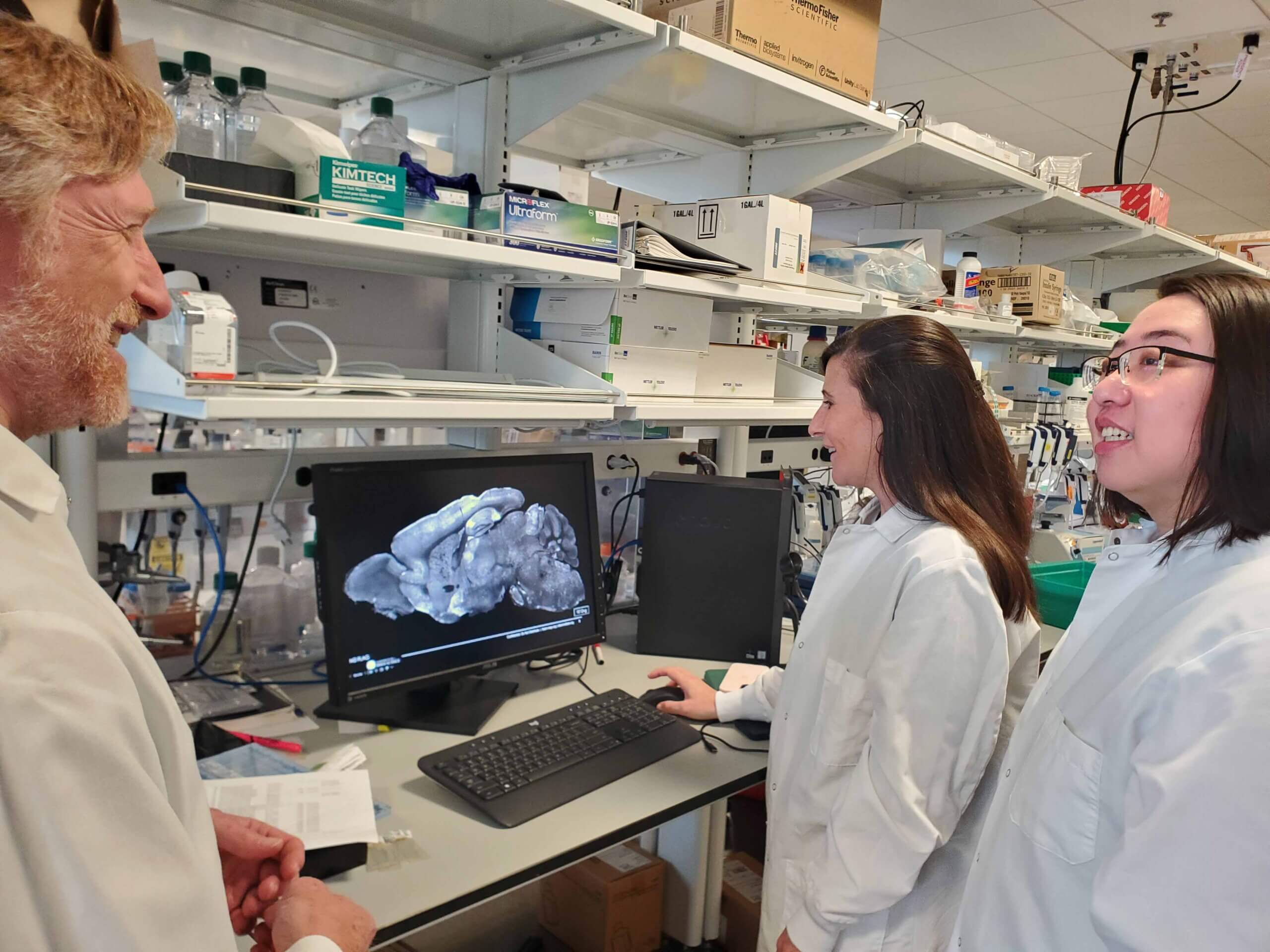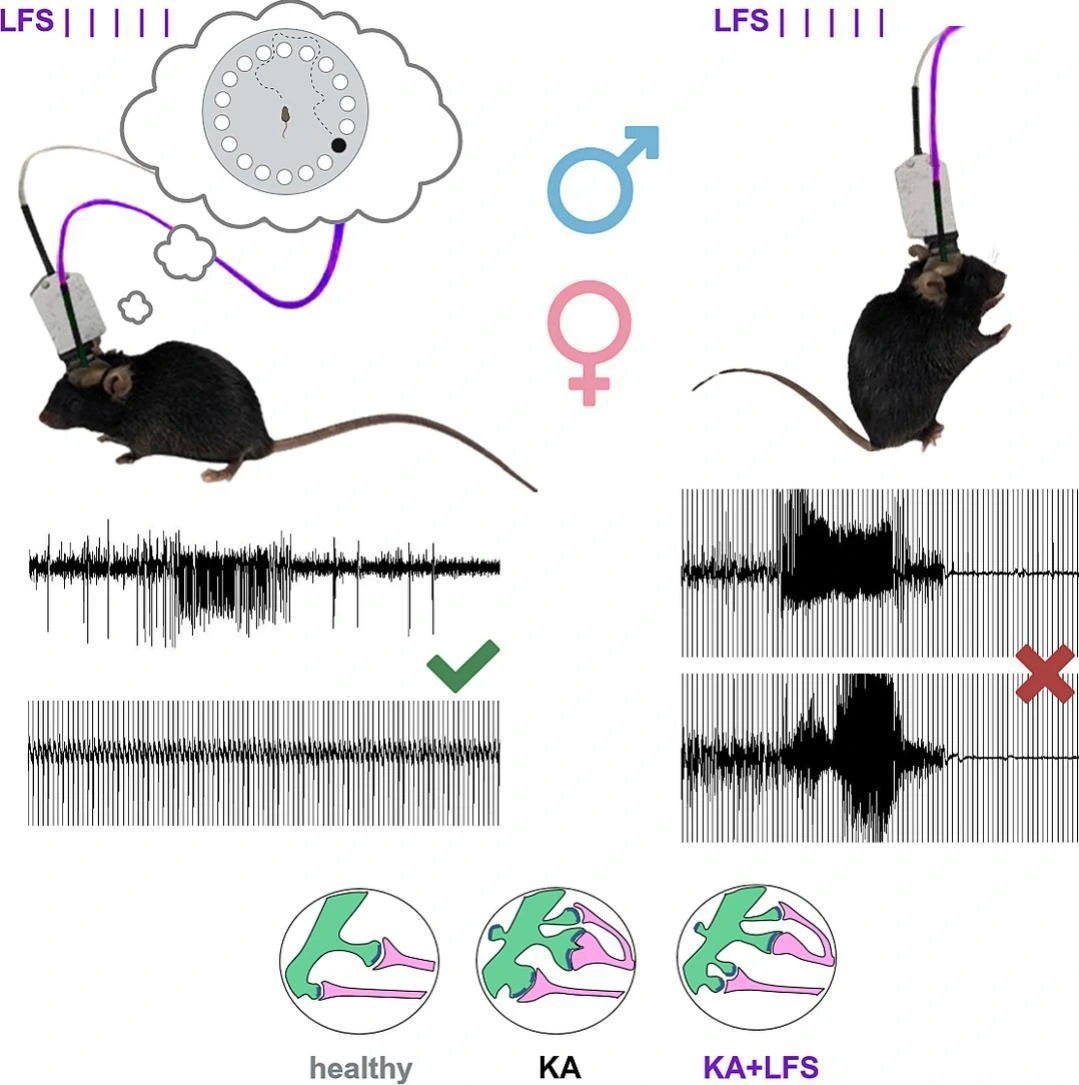Therapeutic Potential of Gut Microbiota Modulation in Epilepsy: A Focus on Short-Chain Fatty Acids
Advances in high throughput metagenomic sequencing, a powerful technology that allows researchers to sequence DNA and RNA rapidly, have increasingly highlighted the role of gut microbiota imbalance in epilepsy.
Short-chain fatty acids (SCFAs) are the major metabolites of the gut microbiota and key regulators of the gut-brain axis. Gut microbiota plays a critical role in maintaining immune function and establishing communication with the brain through multiple pathways. The gut microbiota produce various chemicals, including SCFAs, by metabolizing food and endogenous substances.
Recent studies have indicated that SCFAs not only regulate seizures by maintaining intestinal barrier integrity and modulating intestinal immune responses but also affect the structure and function of the blood-brain barrier (BBB) and regulate neuroinflammation. Alterations in the gut microbiota reduce SCFAs, disrupting the structure and function of both the intestinal barrier and the BBB.
Research suggests that damage and dysfunction of the barrier structure may be major contributing factors to seizure onset. Infection, bacterial toxins, insufficient blood flow, or dietary factors can damage tight junctions or cytoskeletons in the intestinal barrier, disrupting intercellular junctions and resulting in intestinal inflammation and a ‘leaky gut.” This disruption allows harmful substances, such as bacterial toxins and inflammatory factors, to translocate from the gut to the bloodstream.
One study provided evidence that traumatic brain injury can also disrupt the intestinal barrier, which, over time, affects neuronal electrical activity in the brain and contributes to epilepsy onset. Modulating gut microbiota imbalance can alleviate damage to these barriers, thereby enhancing neurological function. Evidence also suggests that the fecal levels of SCFAs are reduced in patients with epilepsy compared to healthy individuals, and the rebalancing of SCFAs levels may improve epilepsy control as well as efficacy of anti-seizure medications. Research indicated that improving intestinal barrier function by decreasing inflammatory factors in the colon effectively inhibits epilepsy development.








